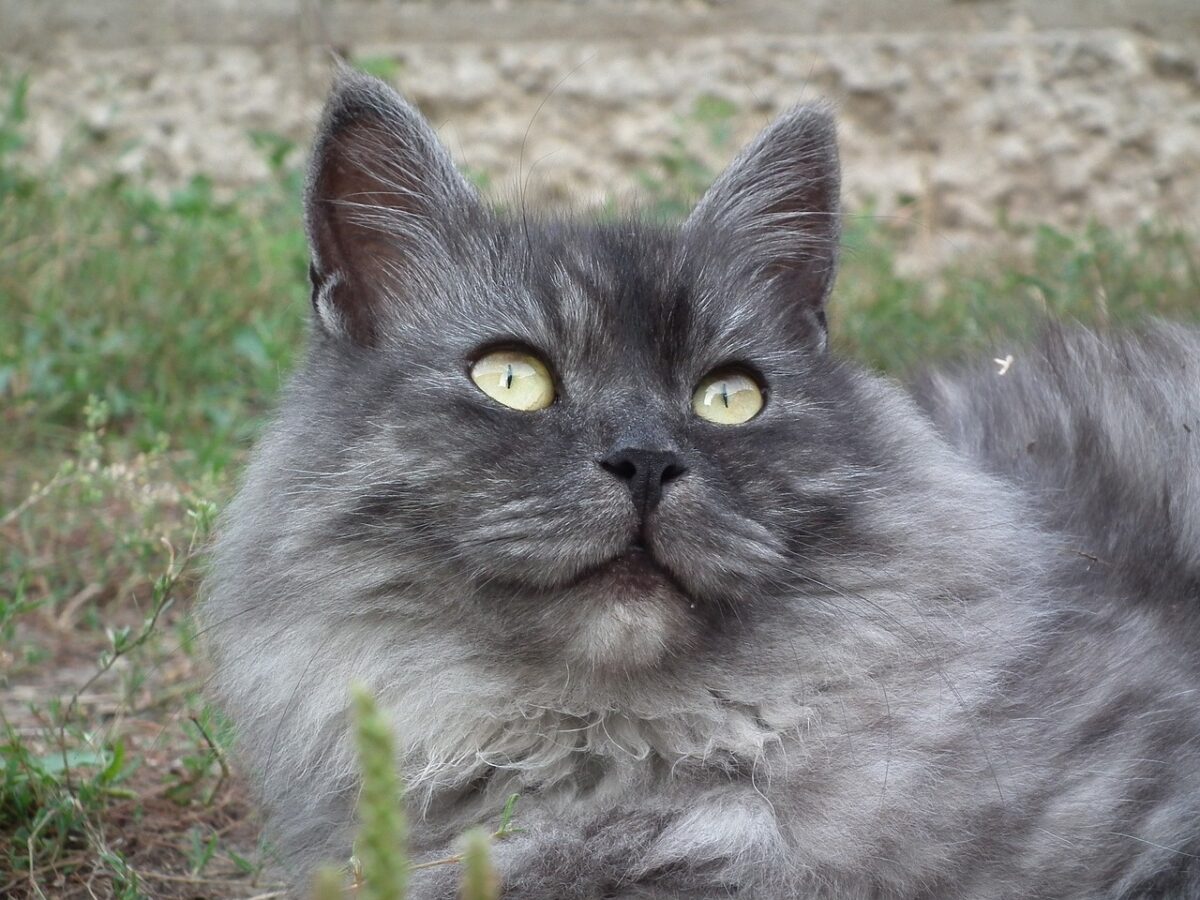In this article, we’ll be learning more about a cat known for its social nature stunning coat and: the Siberian cat.
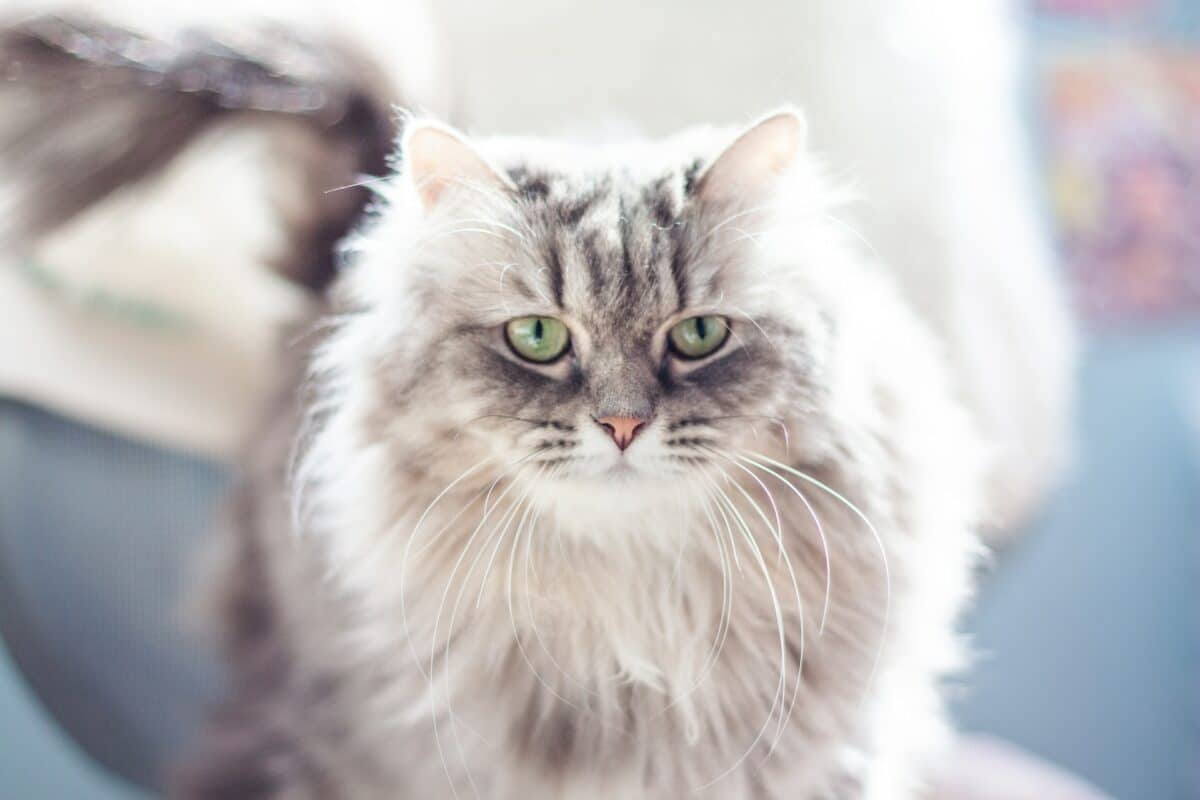
Are you currently in possession of a Siberian cat or toying with the idea of adopting one? If so, you must be curious about the breed and have many questions.
Being a pet owner comes with many responsibilities, and the decision to adopt a Siberian should be well-researched. That’s why we’ve created this comprehensive guide on Siberian cats – it provides valuable insight into what owning a Siberian cat entails and tips on caring for your furry family member properly.
From their unique personality traits to ideal dietary needs, this post will provide all the information you need when considering introducing one of these gorgeous creatures into your life and home.
Jump ahead to any section below:
Overview of the Siberian Cat Breed
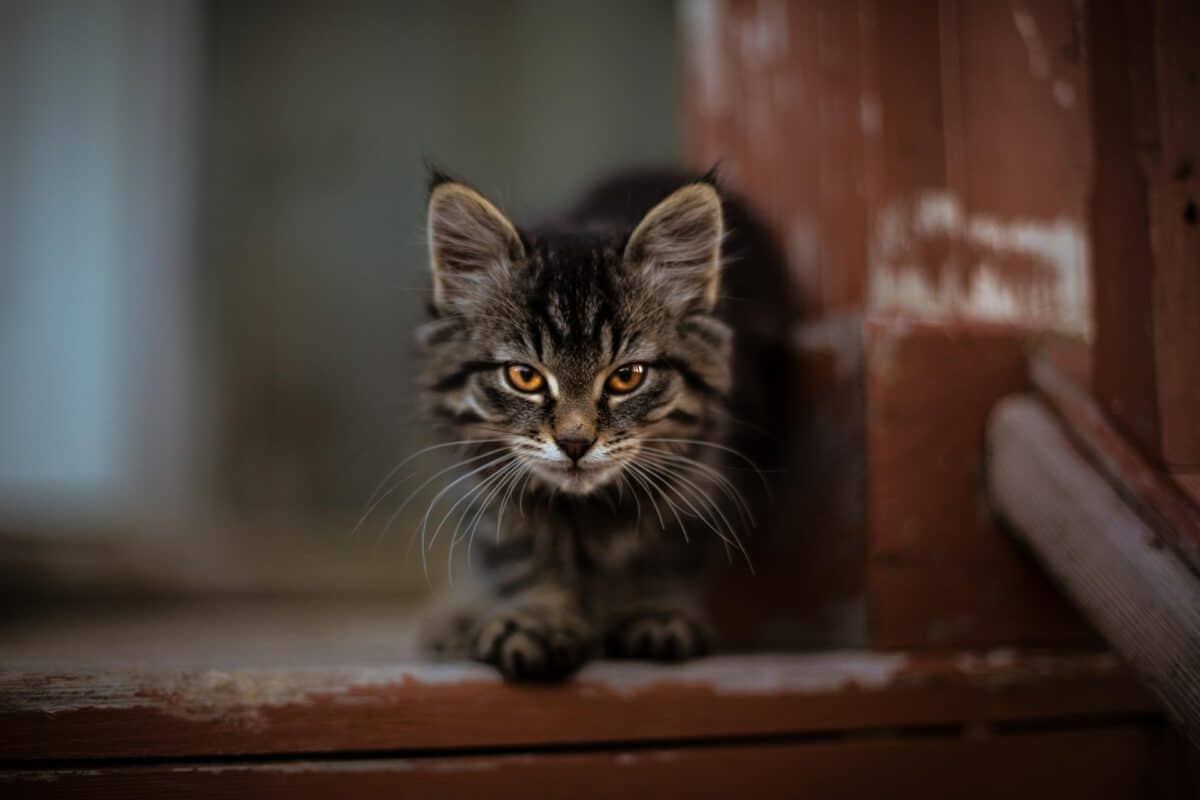
Appearance
- Long-haired, thick double coat with a silky soft undercoat.
- Colors range from brown tabby, black tabby, and solid white.
- Large, almond-shaped eyes that come in various colors, including blue, green, and gold.
- Pointy ears and a wedge-shaped head.
- Uniquely curved tail, often described as “plumed.”
- Averaging between 8-16 pounds in weight when fully matured.
Temperament
- These feline creatures are known for their curiosity and high intelligence – they have a fondness for exploring their surroundings.
- Very friendly towards people they trust and are loyal to their owners.
- Known for being excellent problem solvers with an affinity for training sessions.
- Playful personalities well suited for families with children or other pets.
Health Challenges
- Generally considered relatively healthy cats compared to other breeds. However, common health concerns include kidney issues, heart diseases, hypothyroidism, and hip dysplasia.
- Regular visits to the vet are recommended to keep up with vaccinations and any potential medical issues that may arise over time.
Care Requirements
- Grooming is necessary to maintain their thick and luxurious coats; weekly brushing is recommended to prevent matting or overgrowth of fur, which can lead to skin irritation or other health problems.
- You should also provide proper exercise as these cats have plenty of energy that needs release through playtime or daily walks on a harness or leash.
Diet
High-quality dry kibble supplemented with wet food (or raw food) is highly recommended as it provides essential nutrients such as protein, healthy fats, vitamins, and minerals for optimal health. Fresh water should always be available since Siberians tend to drink more than other cats due to their active lifestyle.
Characteristics of the Siberian Cat
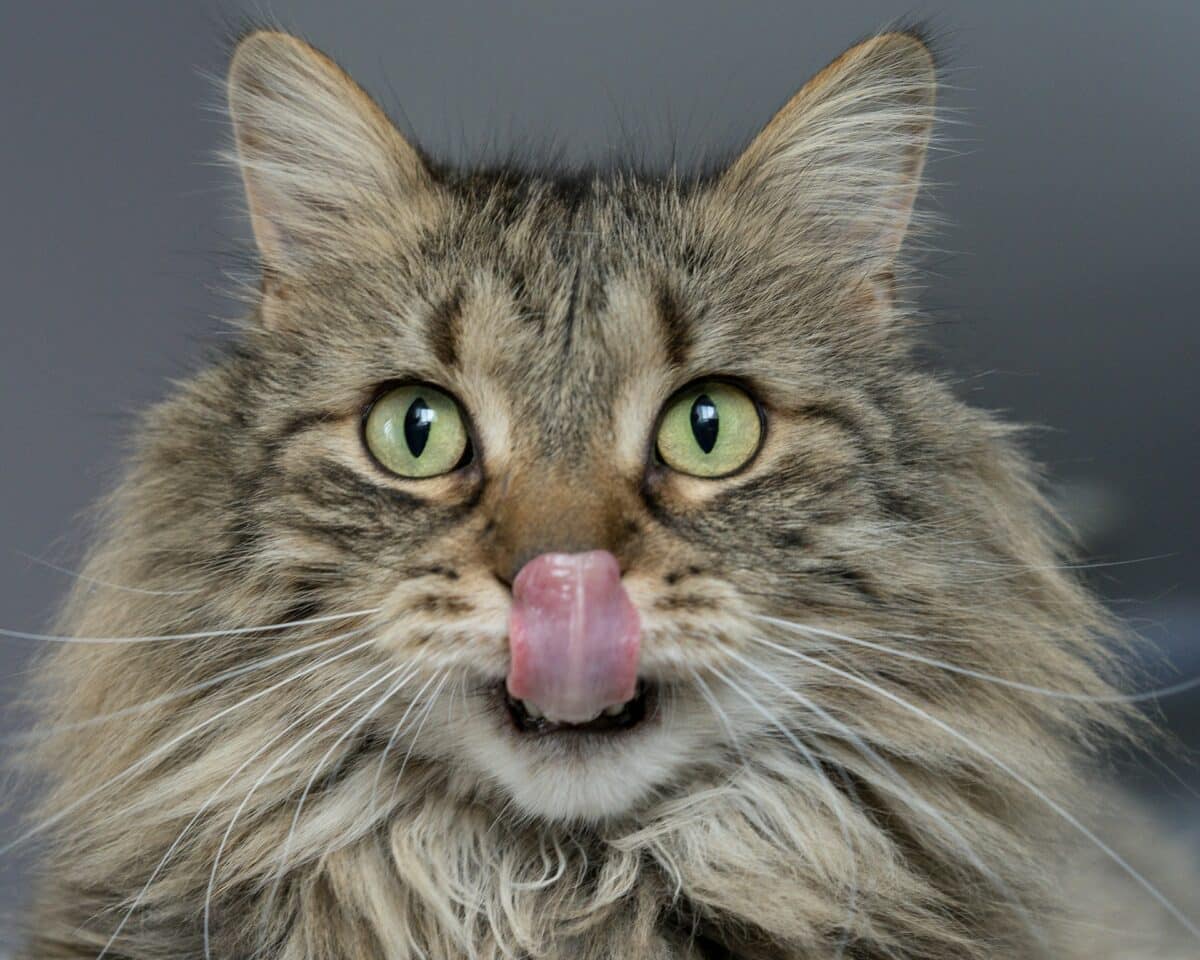
Appearance
Siberian cats are famously known for their long-hair and thick, plush coats that come in various colors. They typically have round faces with large green eyes and yellow or white tufts around their ears. Their body is muscular, with short legs and a broad chest, giving them a robust appearance.
Personality
Siberians are known to be friendly and social cats, making them great companions. They’re very active, curious cats that love to explore their environment.
Additionally, Siberian cats tend to develop strong connections with their human companions, often becoming deeply attached to them.
Intelligence
Siberians are known for being quick learners who thrive on mental stimulation. Positive reinforcement methods such as clicker training or offering food rewards can effectively train them.
Health Concerns For Owners
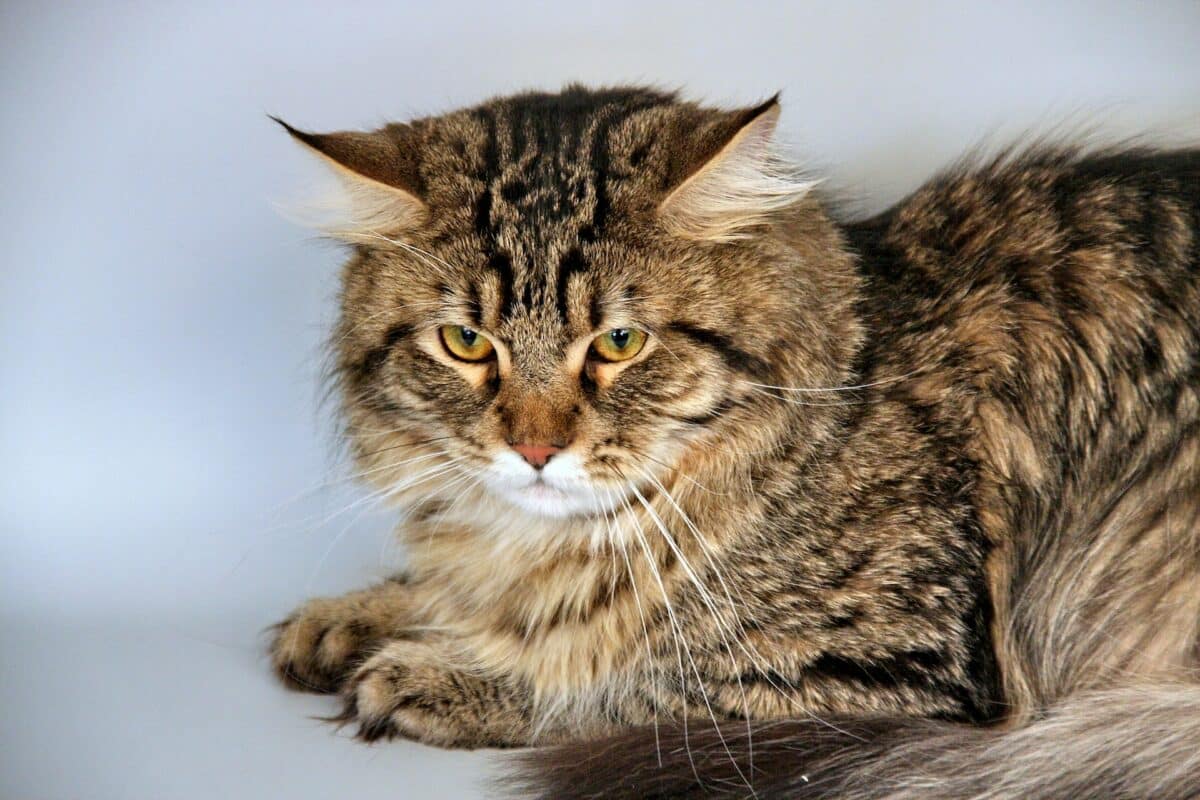
Allergies
Siberian cats can cause allergic reactions in people who suffer from allergies due to their long coats, which spread dander (dead skin flakes). If you have an allergy but still want a Siberian cat, consider getting one hypoallergenic breed (low-allergen cat).
Parasites
Due to their fluffy coats, Siberians are prone to picking up fleas and ticks if left outdoors for too long. To prevent this issue, ensure your pet has regular flea/tick treatments from your vet and weekly brushing sessions at home.
Socializing a Siberian Cat
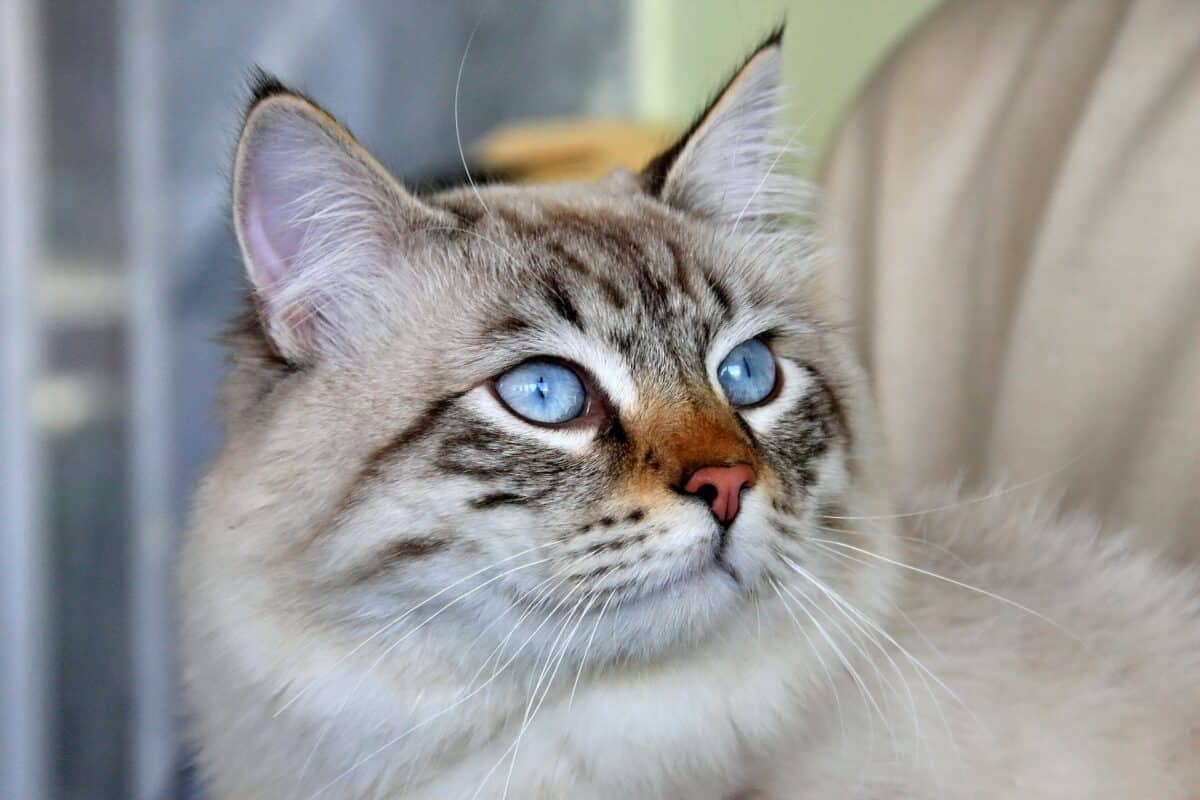
Siberian cats are known to be friendly and affectionate, making them excellent companions for any home. Proper socialization is an important part of owning any pet, and this is especially true of Siberians. It’s vital to start socializing your cat as early as possible so they become used to being around people, other animals, and new environments.
Introduce them to different situations gradually; take them on car rides, bring them around pets and children, and expose them gently to unfamiliar noises or places. It will help ensure they stay calm and comfortable when faced with something new.
Grooming Requirements For Siberian Cats
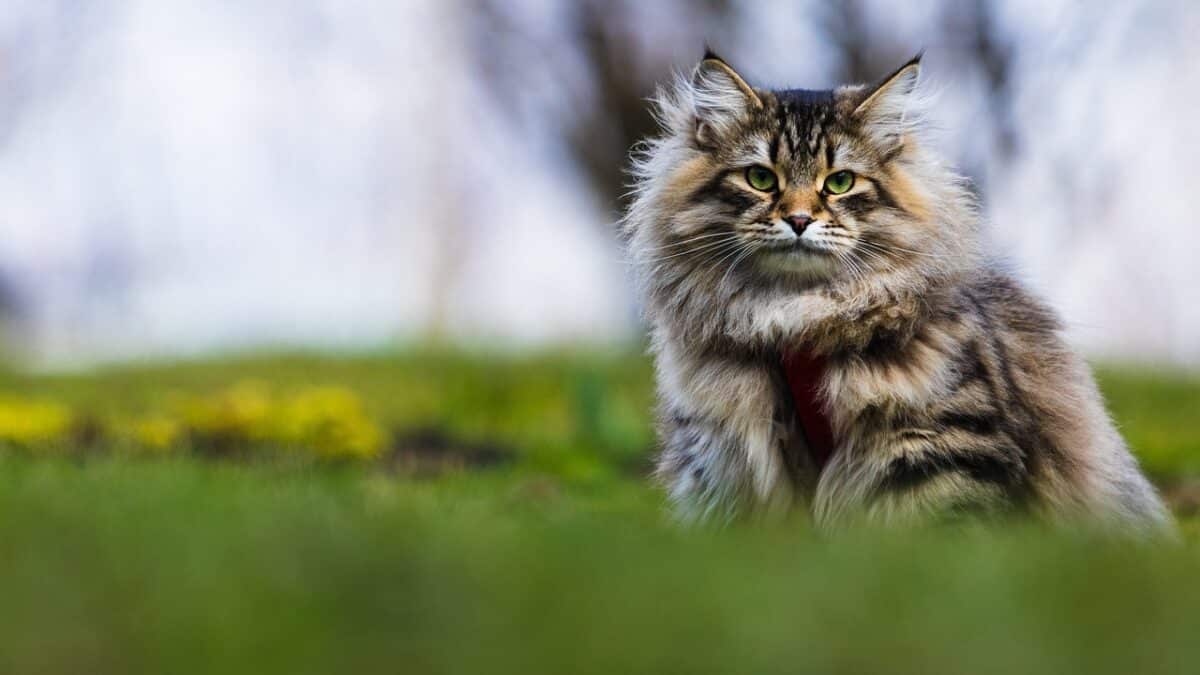
The luxurious coat of the Siberian cat is one of its greatest features; however, it does come with a unique set of grooming requirements.
- Their fur should always be kept clean; weekly brushes are recommended to prevent tangles and mats from forming in the dense undercoat.
- Regular nail trimming is necessary to prevent your cat’s claws from becoming excessively long.
- Regular baths may also be necessary if your cat suffers from skin irritation caused by allergies or flea bites.
Check out Siberian Cat Grooming – Step-by-Step Guide.
Popularity and Availability of Siberian Cats
The popularity of Siberian cats has been steadily increasing over recent years due to their beautiful coats and laid-back nature. These cats are still relatively rare outside of Russia. However, numerous breeders across North America offer these gorgeous felines for sale or adoption.
If you’re looking for a healthy, well-socialized Siberian cat, research the breeder before making any decisions!
Key Points
| Siberian cats are famously long-haired and have thick, plush coats that come in various colors. They typically have round faces with large green eyes and yellow or white tufts around their ears. |
| These feline creatures are known for their high intelligence and curiosity, and have a fondness for exploring their surroundings. |
| Their fur should always be kept clean; weekly brushes are recommended to prevent tangles and mats from forming in the dense undercoat. |
| Siberian cats are known to be friendly and affectionate, making them excellent companions for any home. |
| These cats are still relatively rare outside of Russia; however, numerous breeders across North America offer these gorgeous felines for sale or adoption. |
Conclusion
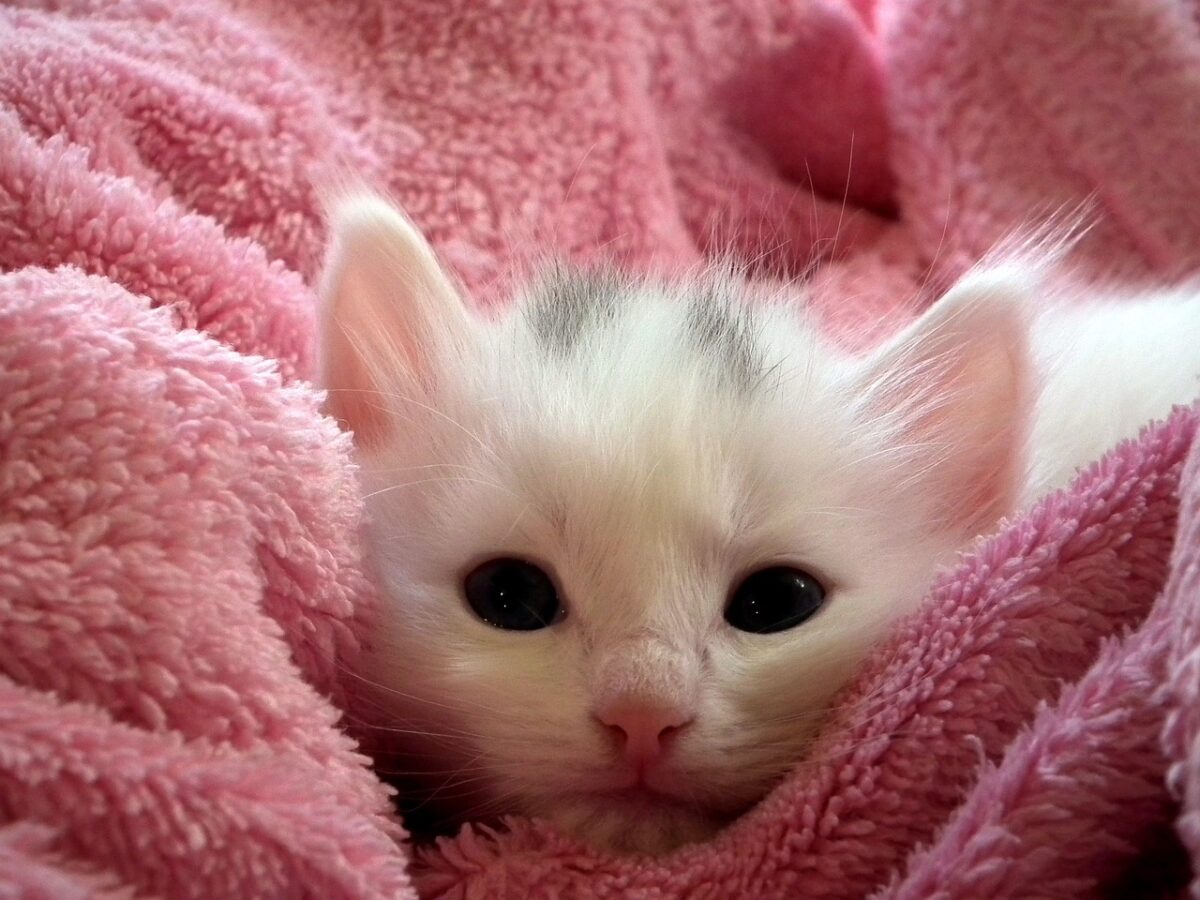
All in all, there’s no denying Siberian cats’ stunning beauty and thoroughly lovable mannerisms. Adopting a Siberian could be the best decision you make for your life if you have the appropriate resources to care for this breed. So make sure that you only decide to move forward with adoption if you’re prepared to meet their care requirements and have time to devote yourself to playtime and attention.
With this guide, we hope you’re more confident about entering into pet ownership to enjoy years of love, fun, laughs, and happy memories with your pet! Before adopting any animal species, consider whether they fit you and your home environment. If it’s truly a Siberian cat that has caught your heart, reach out to local rescues or check listings online to find the perfect furry companion for your life.
We hope you’ve enjoyed this cat guide! If you want to continue your cat research, have a look at our post on another regal cat, the Abyssinian.
- Escaped Elephant Takes a Walk in Montana - April 17, 2024
- Baby Gorilla Transferred to Foster Parents at Cleveland Zoo - April 17, 2024
- 6 Amazing Facts About 6 Different Dinosaurs - April 17, 2024

